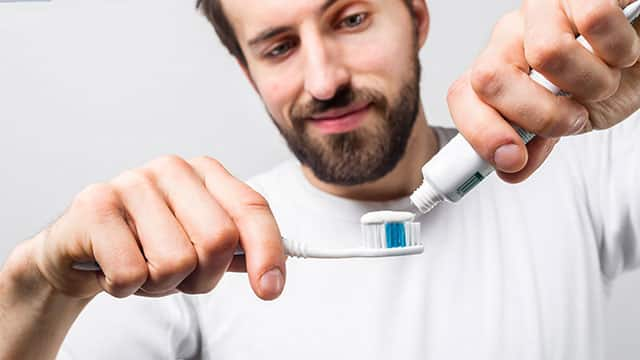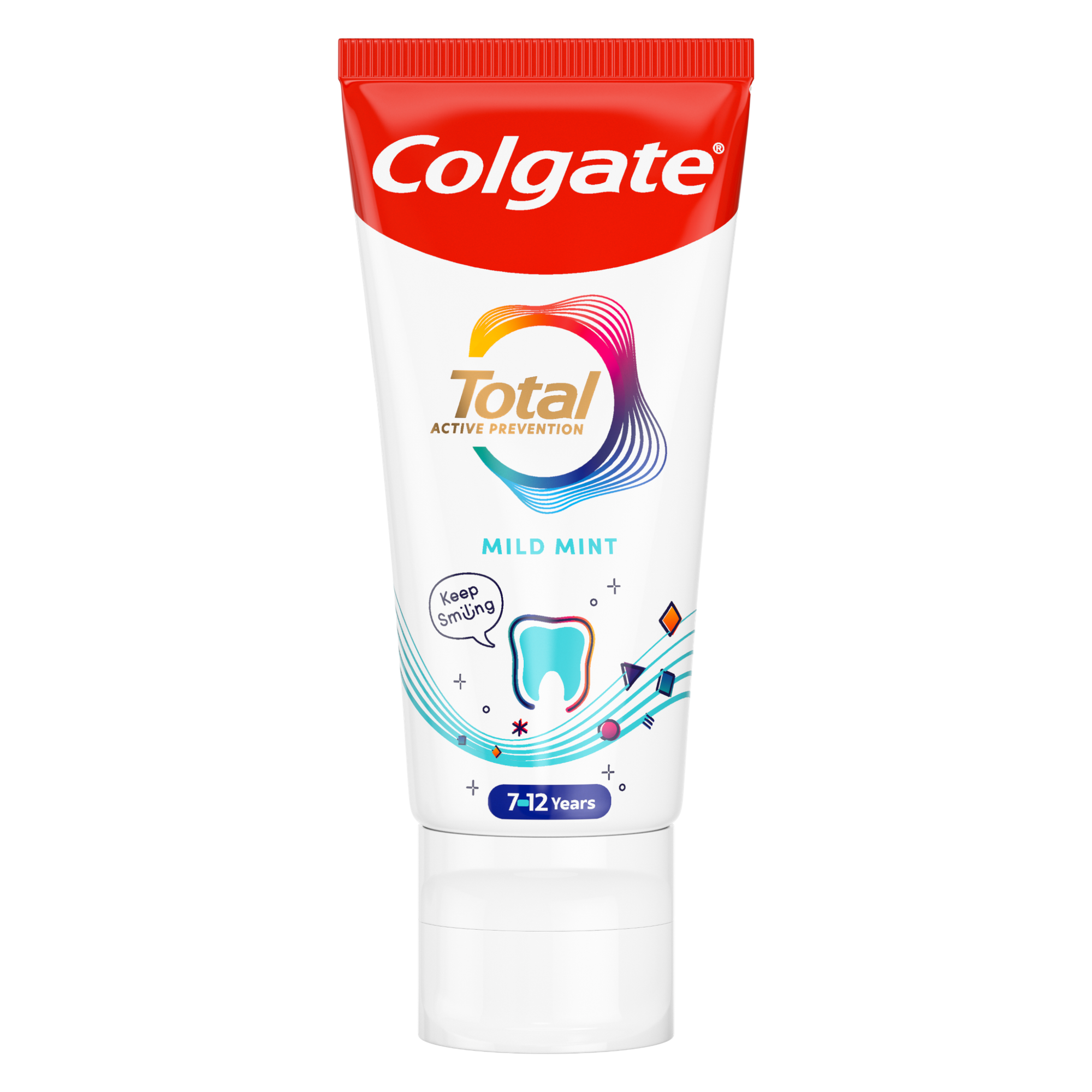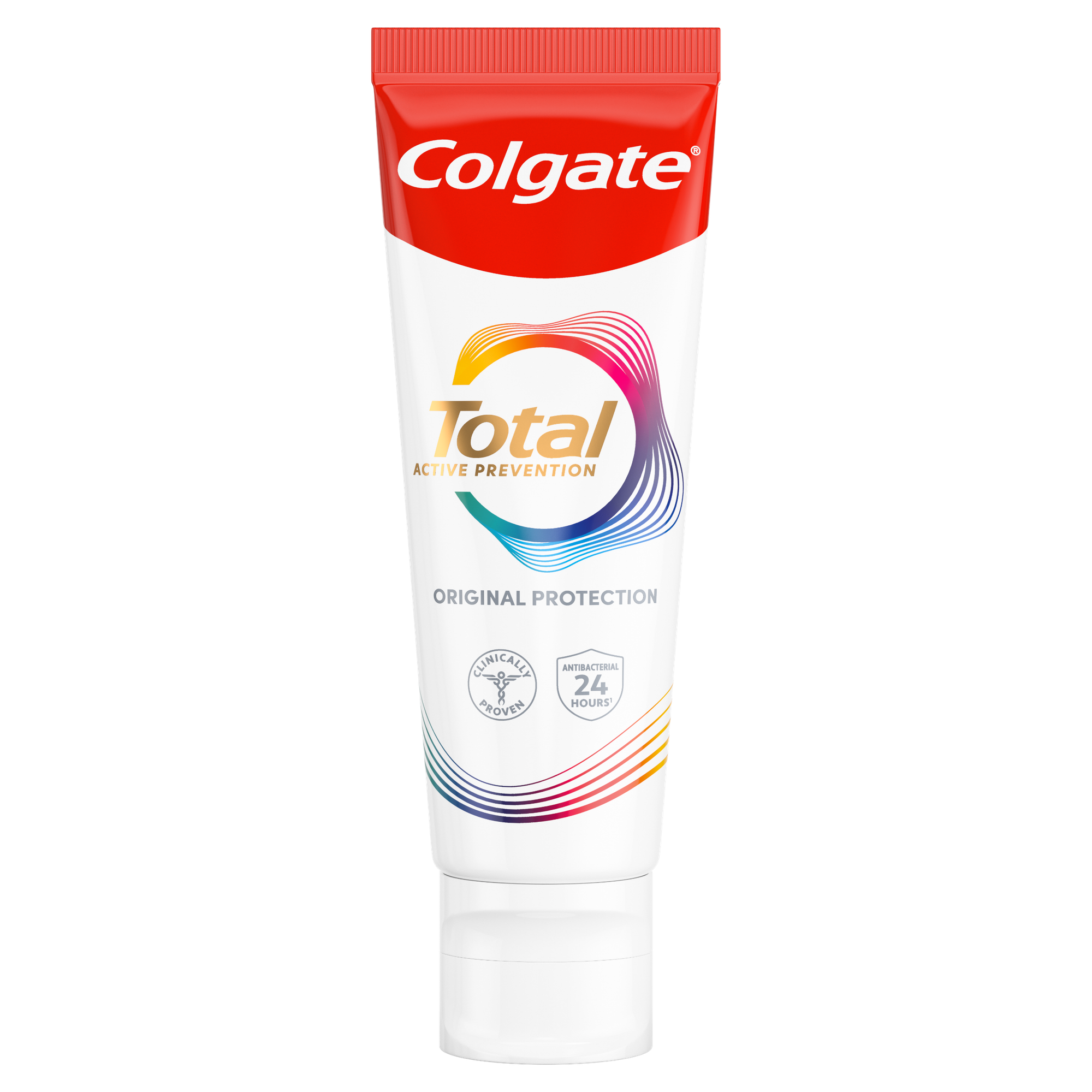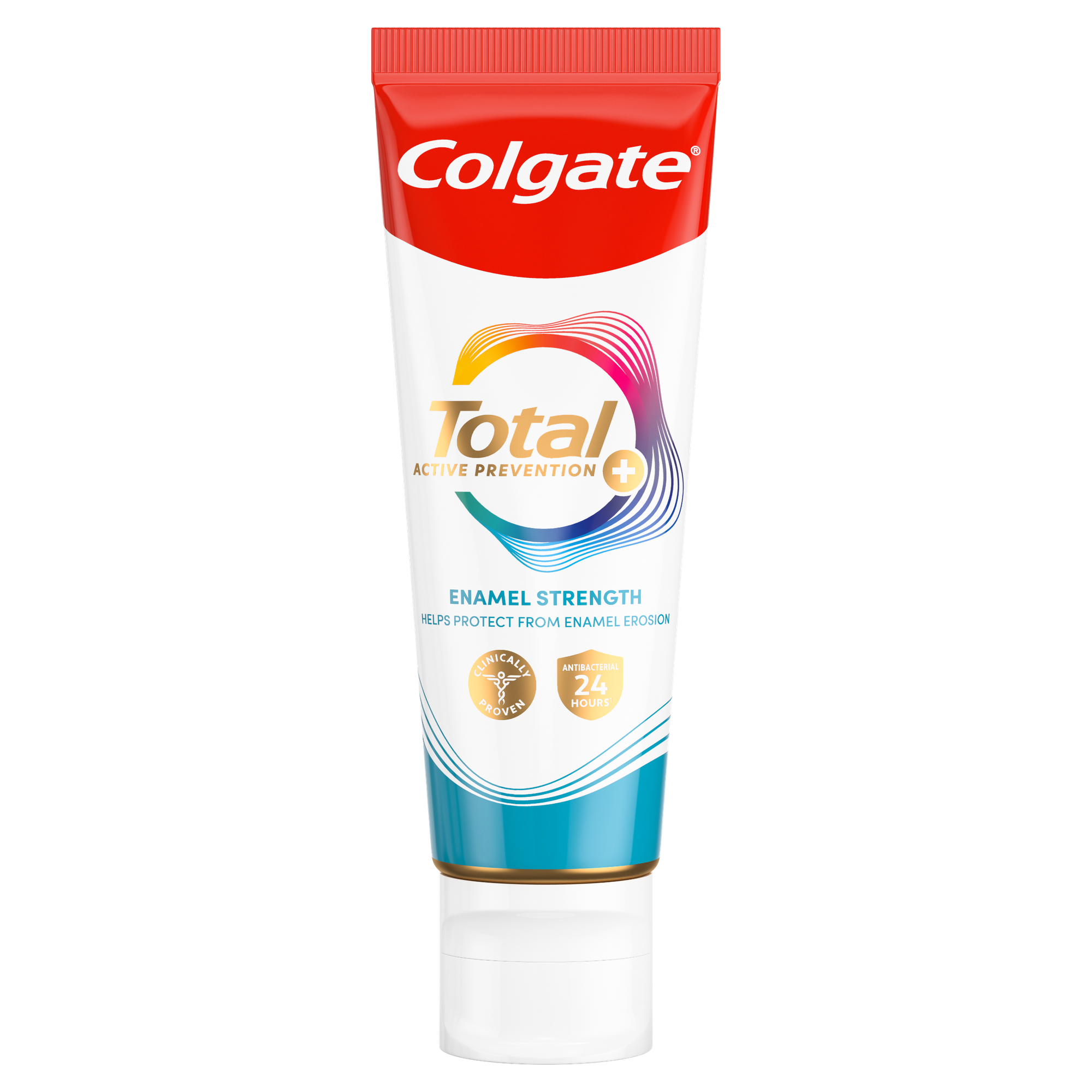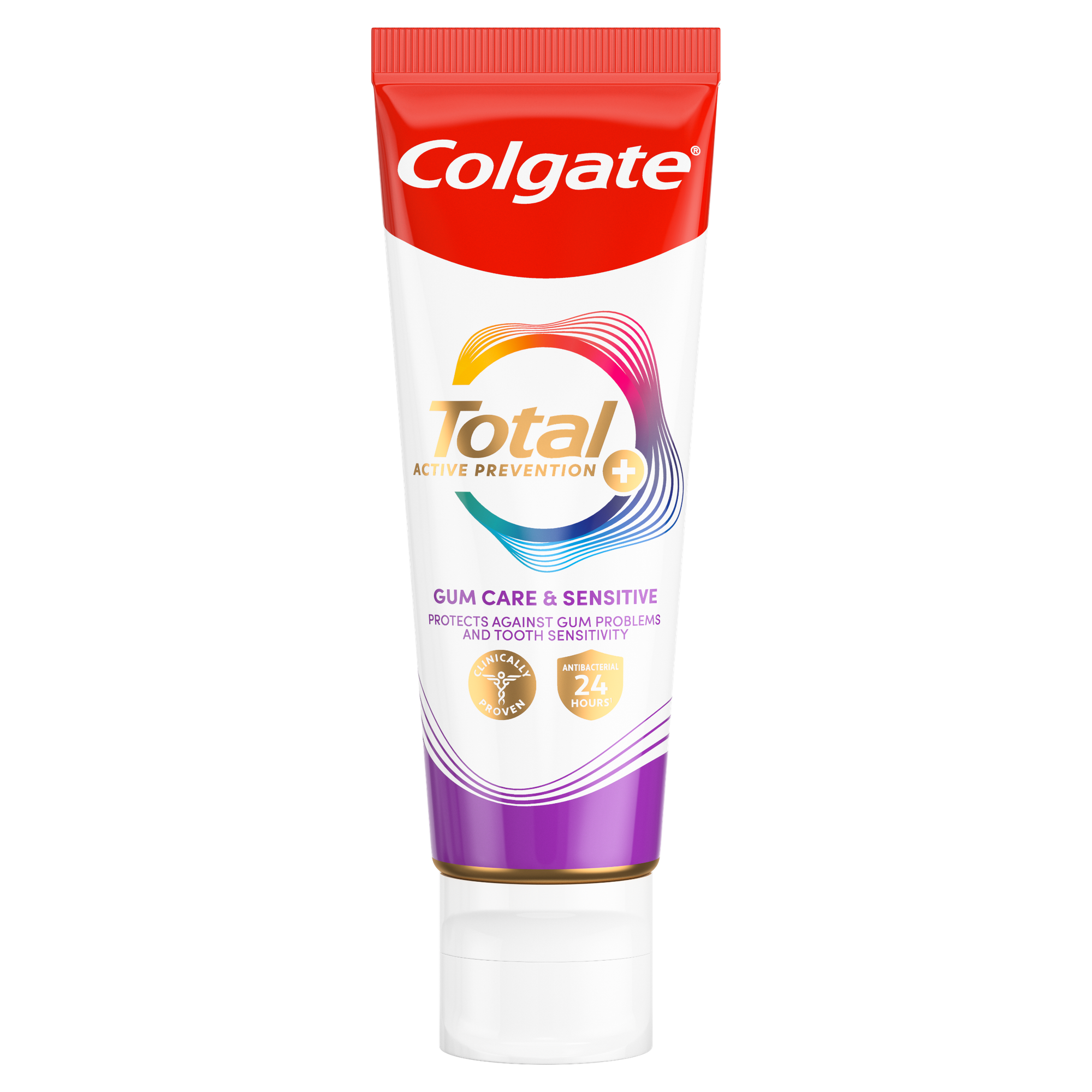What is Dry Mouth?
Dry mouth occurs when you don't have enough saliva in your mouth to perform its beneficial functions. Saliva washes away food particles that may get lodged in your teeth. It also protects your teeth from the acids in foods and drinks. Without this protection, your teeth are more vulnerable to decay and gingivitis (inflammation of the gums).
Dry Mouth Remedies
Dry mouth can develop for many reasons: medication, nutritional deficiencies, stress, and more. Your dentist or doctor can help you pinpoint the cause of your dry mouth and treat the cause. However, there are some easy dry mouth remedies you can do at home to help ease your symptoms.
1. Drink Water
Dry mouth can occur as a result of dehydration if you're not drinking enough fluids. Dehydration isn't always the cause of dry mouth, but sipping water can still help wash away bacteria in your mouth until your saliva flow returns to normal.
2. Suck on Sugar Free Sweets
Sucking on sweets such as mints can stimulate your salivary flow, temporarily relieving your dry mouth symptoms. You should choose sugar-free products because sugar can cause tooth decay. And your risk of tooth decay is even higher with dry mouth.
3. Chew Sugar Free Gum
Just like sucking on sugar-free sweets, chewing gum stimulates the flow of saliva. Be sure to chew a sugar-free gum that is approved by the Oral Health Foundation, which promises that the gum holds true to its label claims to stimulate saliva.
4. Opt for Decaf
Caffeine can cause further dryness, so it can exacerbate your dry mouth symptoms. You can still drink beverages like coffee or tea, but the decaffeinated versions would be better for you.
5. Breathe Through Your Nose
Breathing through your mouth can increase dryness, especially if you're breathing through your mouth while you sleep. If you're unable to breathe this way due to allergies or congestion, speak with your healthcare provider about taking care of allergies, congestion, or sleep issues.
6. Use a Humidifier
Breathing in dry air can contribute to dry mouth over time, so using a humidifier to add moisture to the room can help. Breathing in this treated air can help cut down on your symptoms, especially when you're sleeping.
7. Quit Smoking
Smoking can cause or exacerbate dry mouth because cigarettes can actually slow down saliva production. If you're having trouble quitting smoking — and many do — ask your dentist or doctor for advice.
8. Rinse with a Dry Mouth Alcohol-Free Mouthwash
Many mouthwash products contain alcohol, which can be slightly abrasive and affect your mouth's moisture levels. Using a dry mouth alcohol-free mouthwash can help to moisten the mouth without accidentally irritating or drying it out more.
9. Over-the-Counter Saliva Replacement Products
There are sprays, rinses, and specially-formulated toothpaste that help keep your mouth moisturised. Sprays are convenient because they're portable and take only a second to provide relief. Most saliva substitute products can be used as often as needed or as your doctor recommends.
10. Get Your Vitamins
If dry mouth has caused further oral health issues like inflammation or mouth sores, ensuring your immune system is healthy can prevent infection. According to the NHS, Vitamin C helps protect cells, keep skin, blood vessels, bones and cartilage healthy, and repair wounds. B vitamins also help your immune system. Talk to your doctor about taking a B-complex supplement with thiamine, niacin, riboflavin, and B6.
Dry mouth is an uncomfortable condition with many causes. Still, with the help of your dentist and these at-home remedies, you can learn how to manage the symptoms. Take extra care of your oral health and talk with your dentist to find the best dry mouth home remedy to keep your mouth feeling comfortable.
This article is intended to promote understanding of and knowledge about general oral health topics. It is not intended to be a substitute for professional advice, diagnosis or treatment. Always seek the advice of your dentist or other qualified healthcare provider with any questions you may have regarding a medical condition or treatment.
ORAL HEALTH QUIZ
What's behind your smile?
Take our Oral Health assessment to get the most from your oral care routine
ORAL HEALTH QUIZ
What's behind your smile?
Take our Oral Health assessment to get the most from your oral care routine








